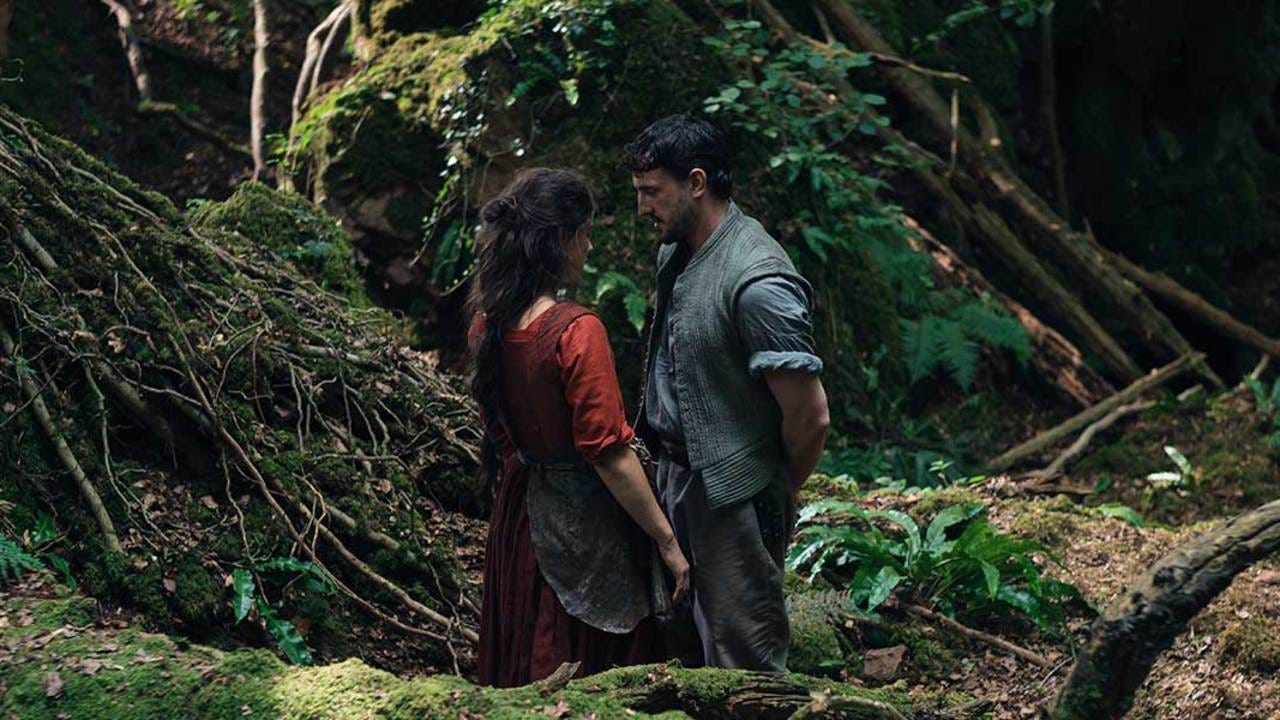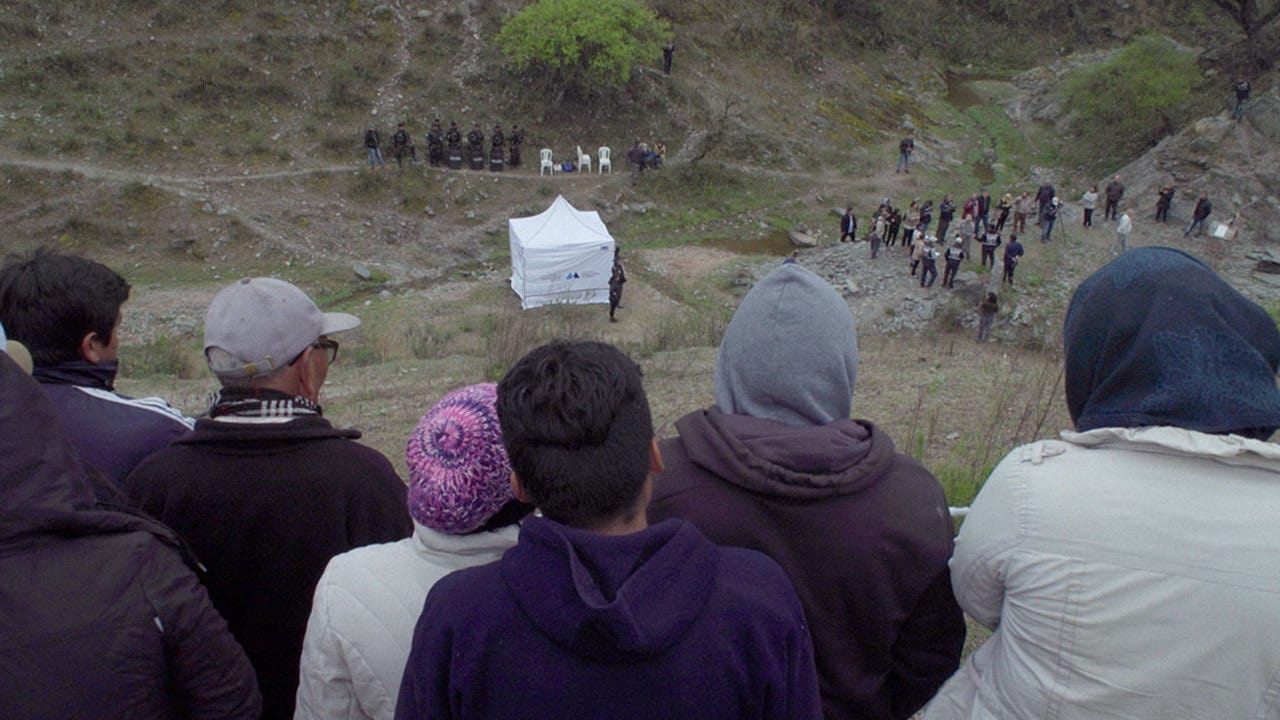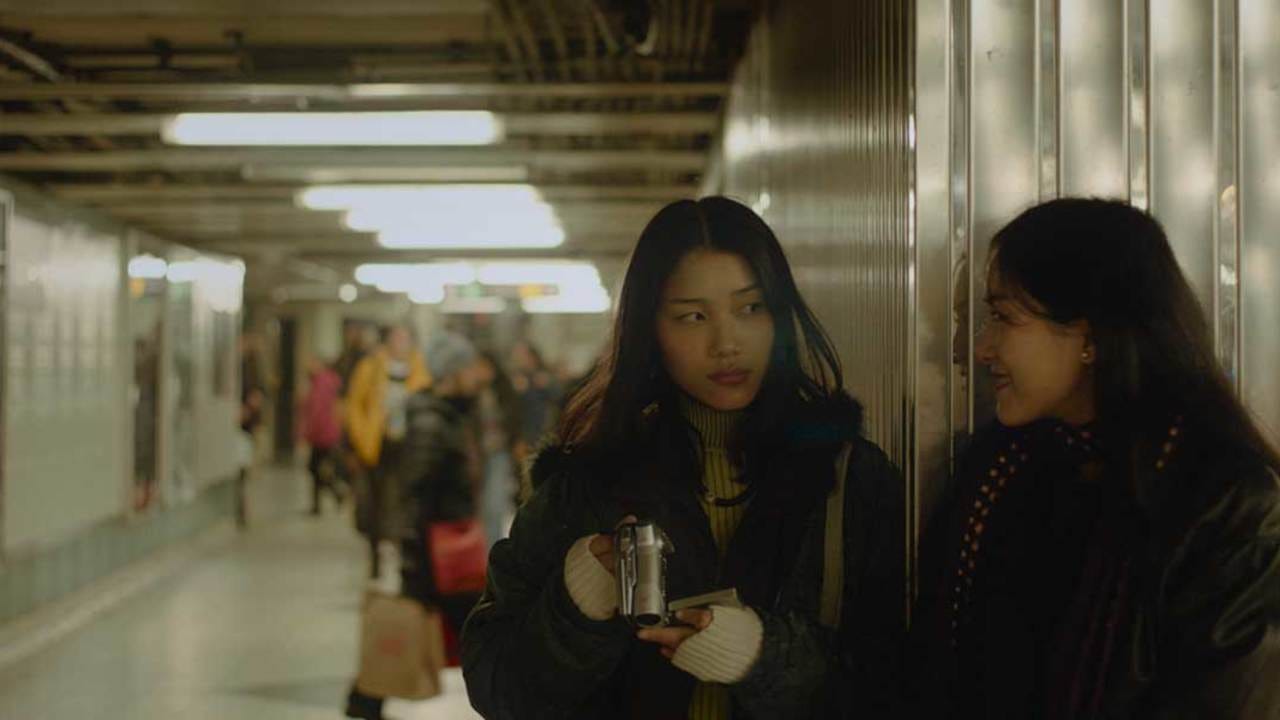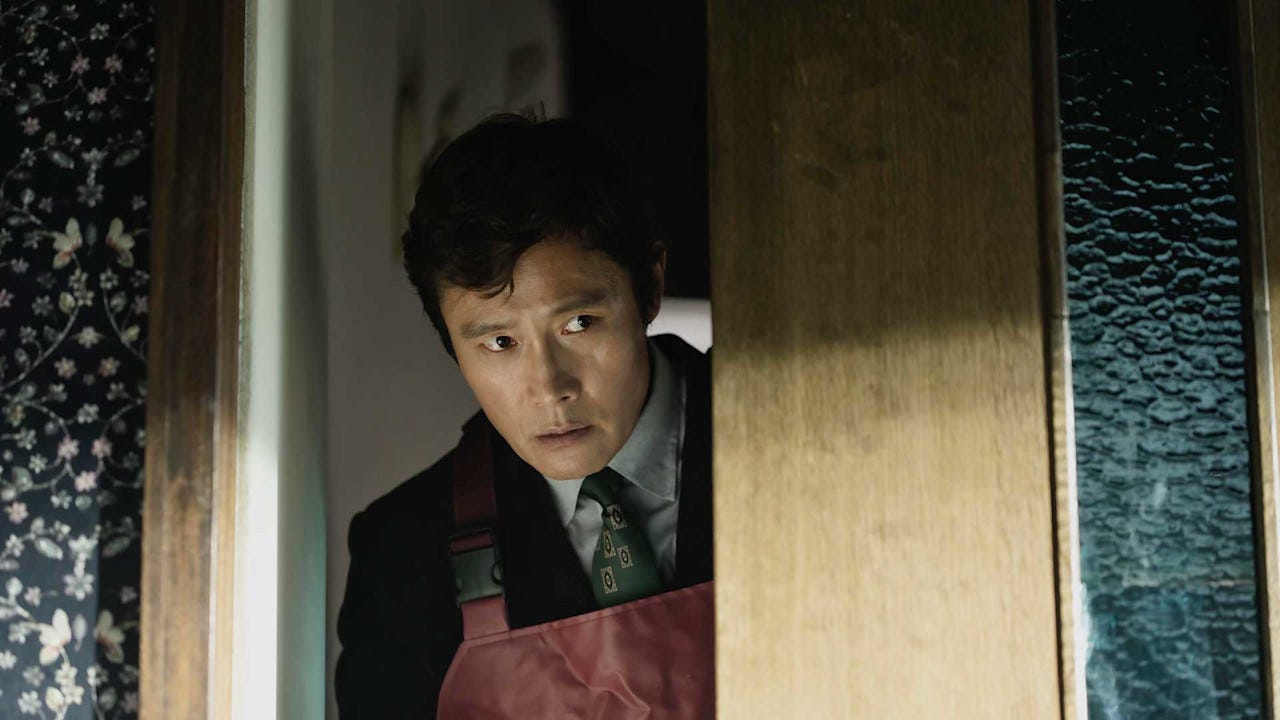TIFF '25 Day Five
A few words about the crash
It happens every year, though if I time it right, it only happens right as TIFF is ending. Sometimes that good outcome is not in the cards, and the crash comes earlier. After attending the afterparty for Steven Soderbergh’s The Christophers, I went home and had an unfortunately restless night, getting only a few short hours of sleep before having to wake up and attack the new day. I could tell, right then in the morning, that it was going to be a tough one.
My first film of the day was Chloe Zhao’s new feature, Hamnet, an adaptation of Maggie O'Farrell’s fictional account of William Shakespeare’s marriage to Agnes and the death of their son Hamnet. I’d been looking forward to the film, which stars Paul Mescal as Shakespeare and Jessie as Agnes, though not without trepidation. Though I loved Zhao’s first two films, particularly her sophomore effort The Rider, I was put off by the muddled Best Picture-winner Nomadland, and her jaunt into the MCU with Eternals was about as dire as it gets. It was an open question, whether Zhao really had it as a filmmaker with a point-of-view, or if she simply had a style bolstered by the semi-documentary realism of her first two movies, relying on real-life characters playing themselves to achieve a resonance perhaps otherwise unwarranted by the filmmaking itself. After watching Hamnet, I am willing to say that Zhao does, indeed, have it.
Beginning with an account of how William and Agnes first met, the film follows them through their eventual marriage and the births of their three children—first a daughter, then and twin boy and girl. Sticking to a conceit established by O’Farrell’s novel, Shakespeare remains for most of the film unidentified as the great bard. He works on his poetry, but soon into the marriage he is off to London to find work. With only occasional glimpses of his life in London, we mostly stick with Agnes, her husband returning between seasons of his growing theatre company to attend to his family. It is made clear at the start, in a title card, that this will be the story of the death of Hamnet and the making of Hamlet, so when the plague arrives to take Shakespeare’s son, it comes after half a film’s worth of quiet foreboding. When it comes, though, Zhao discovers a way to depict his crossing over in a manner so profound, I suddenly found myself physically shaken. The tears started to flow, and as the film drew out the story of a family living in the wake of the worst tragedy, those tears did not stop. For what must have been about an hour, I went through what can only be described as an ordeal.
I was not alone. All through the theatre, the sounds of tears and sniffles emanated. When it was over, the film having reached an incredible crescendo of emotion, I could feel the collective catharsis in the room. Looking over to my right, one friend’s face was puffy and drenched. To my left, another friend had his face in his hands, openly sobbing. It brought to mind that scene in Midsommar, you know, with the collective wailing. To get into how Zhao gets the audience there is not necessary. See for yourself when the film is released later this year, and maybe we’ll talk about it in more detail then. Suffice it to say, as an experience, it was a film like nothing else I’ve seen so far at the festival, and perhaps nothing I’ve ever seen. It’s not merely that the film made me cry. Lots of films make me cry. Adam Sandler’s Click made me cry like a baby. Rather, Zhao achieves what appeared to me a fresh way to understand mortality, cinematically speaking, and how we process it. More than just a film about grief, it is about what it means to be connected to the world and to people, and even as I type these words and images from the film flood back into my mind, I struggle to stop the tears from flowing.
Taking some time to let my body collect itself after Hamnet, I eventually made my way to the Lightbox to see one of my more anticipated films of the festival, Lucrecia Martel’s first documentary feature, Nuestra Tierra, also called Landmarks in English. Unfortunately, this is when the crash happened. I was awake for the first five minutes or so of the film, but soon my eyes started to shut involuntarily. Rather than a simple, acceptable couple minutes of dozing off, when I was finally able to open my eyes fully, the film was already halfway done. Attempting for a moment to piece together what was happening, I realized it was for naught, so I got up and left. A loss, but such cinematic casualties are sometimes part of the festival game.
Still not well-rested by any stretch, I was at least alive enough to meet up with another friend and colleague who I’ve known online for years. Lunch at the Town Crier, a TIFF staple, was a wonderful way to spend the early afternoon, chitchatting away about movies, our careers, life, all that good stuff.
After some hemming and hawing over what film to see next, I settled on Kunsang Kyirong’s 100 Sunset. Set within a Tibetan immigrant community living in a Toronto apartment building, Kyirong’s is a quiet study of community relations through the eyes of Kunsel, an introverted young woman whose voyeuristic fascinations begin to have ripple effects throughout her quite isolated community. Spoken mostly in Tibetan, with English heard in pointed moments, the film almost traps the viewer within the spaces Kunsel finds herself in. As a character, she is distant, and the film’s overall distancing effect sometimes threatens to leave it feeling cold, but there’s such specificity in its rendering of a certain kind of life in the city that these potential pitfalls are overcome in the end. More depressive than cold, 100 Sunset makes for a unique portrait of the Toronto experience from a perspective rarely if ever seen.
After the film, I made my way down King Street to the Mubi Notebook party to hang out with more friends, once again talking the night away about films, the festival, politics, what have you.
As the night wore on, my exhaustion set in further, but I still had one more film to attend, and I wasn’t going to miss it. Director Park Chan-wook was in town for the premiere of his new film No Other Choice, one of the toasts of Cannes earlier this year. I don’t love every Park film, but I love Park, and I quite loved No Other Choice, too. Managing not to fall asleep, I watched with delight as the Korean icon crafted a hilarious romp out of the dark story of a man laid off from the paper factory he worked at for decades, who makes a plan to kill the top candidates for another paper company job he’s applying to. As you can imagine, things get way out of hand. It’s another in a great lineage of Korean anti-capitalist cinema, and though typically bloated for Park, it’s also typically sharp in every aspect of humour, performance, violence, and satire. Its inevitable “what the fuck was this all for?” ending is appropriately searing, and it gets there with enough cool swagger—the fades in this movie, my god—to remind you why Park is such a legend.
From there, it was to bed. Thank god.






Lee Byung-hun is so good in No Other Choice. One of my favourite performances of the year.